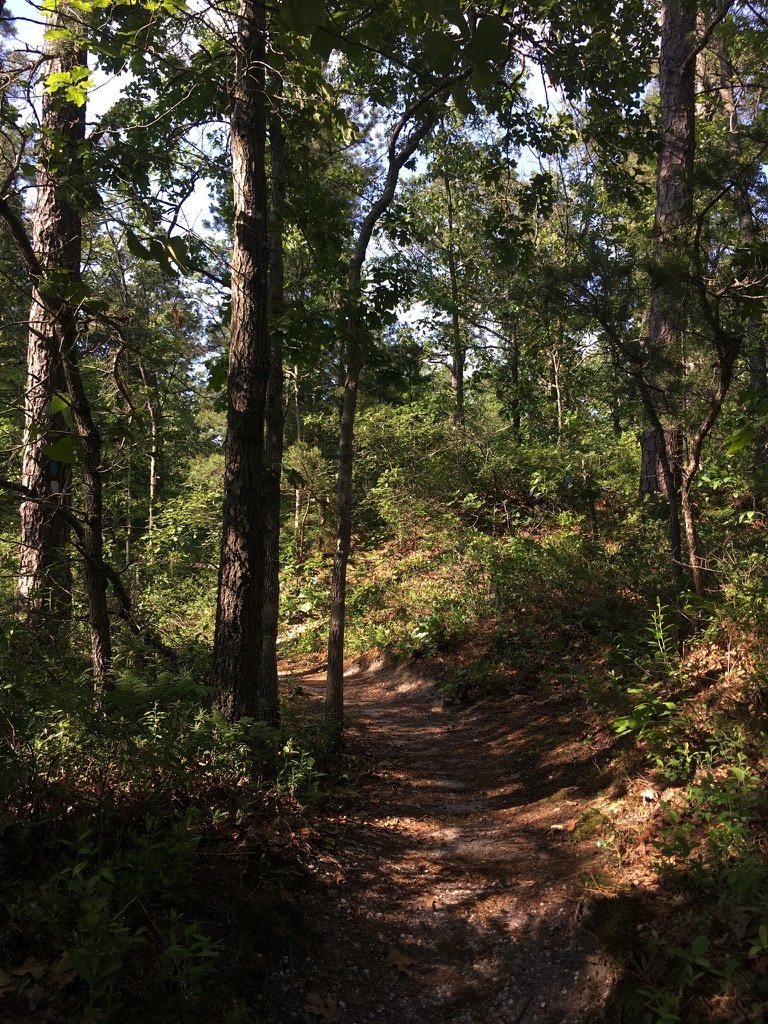Teaching
AN 462 Ethnography and Theory II (Spring 2022), Boston University
This course focuses on different approaches and debates in contemporary anthropology, revisiting classic questions of social theory, advancing enduring debates in the field, and introducing theoretical and methodological approaches that have emerged in the 21st century building on and sometimes in response to anthropology of the late 20th century. The course is organized around five major thematic units—Health/Illness; Sex/Gender; Work/Exploitation; Nature; Sovereignty and Belonging—introducing different and contrasting approaches to each.
HC 401 Epistemology and the Process of Inquiry: The Social Life of Plants (Fall 2021, with Professor Kaufman, BU Biology, and Professor Craciun, BU English), Boston University
Scientists are fascinated with plants, as plants are the foundation of life on earth. Like animals, plants grow, behave, reproduce, and interact. Unlike animals they lack a nervous system. And yet in recent decades we have seen intensifying efforts to investigate the obscured possibilities of what plant intelligence, communication, sociability, and consciousness might be. We humans relate to plants in countless ways: we grow and tend to them and harvest plants for food, building materials, medicine, rituals; we form cultural and religious meanings and ontologies that center on plants and on human-plants relations; we dramatically change and destroy plant habitats; and we produce systems of knowledge about plants. These practices and beliefs are historically changing and vary across social groups and geography. As one of our recurring questions will be “what do plants know?” we hope that thinking with and about plants will illuminate the rich possibilities of epistemologies of inquiry that the class is designed to explore.
EE 500: The People’s Planet: Science, Environment, and the Global South (Spring 2021), Boston University
Taking a global and decolonizing approach, this seminar considers how scientists, environmental advocates, and ordinary residents outside of Euro-American contexts are confronting a changing planet. From environmental pollution to climate change, medicine, biotechnology, and new resource frontiers—we will examine a broad range of examples of critical ecologies in the Global South. This course draws from recent scholarship in the wider environmental social sciences—including political ecology, the sociology of science, environmental history, and anthropology. Students will learn to stake their own ethical commitments and develop social-science research skills to analyze global environmental precarity and hope.
AN 101: Introduction to Cultural Anthropology (Spring 2022, Spring 2021, Spring 2020), Boston University
Anthropology is the cross-cultural study of the diversity of the human experience. This course provides a foundation in cultural analysis. It introduces you to the ways in which anthropologists think about and study key aspects of the social world, including gender, class, family, ethnicity, race, nation, politics, ritual, work, and nature. Through ethnographic portrayals of people living in many different regions around the world, you will examine the unstated assumptions of your own everyday lives—from sex to economics, love to inequality. Regardless of your future academic and career path, you will learn to integrate key anthropological sensibilities and research toolkits into your professional and personal life.
EE 347: Water Resources and the Environment (Fall 2020 & Fall 2021), Boston University
Water systems world-wide conjure social hierarchies and are generative of politics. Water is also a powerful vehicle for social, cultural, and religious meaning. In this course, we will use a variety of social-scientific tools to analyze different kinds of water: from rivers, piped waters, agricultural systems, wetlands, and seas. We take a global and cross-cultural approach, examining water systems from all continents and several countries and cultural regions. In examining the varied ways in which different kinds of water resources are construed, developed, exploited, and acquire cultural meaning, we also interrogate broader questions of development, colonialism, racism, gender, power, and inequality.
EE 363: Culture & Environment (Fall 2020), Boston University
This course deals with relationships of mutual transformation, between humans and their environments. We will consider how humans conceptualize and engage with their natural worlds, probe environmental epistemologies, examine processes of agrarian production and transformations, attend to the varied roles that animals and plants play in human societies, assess the unequal distribution and effects of pollutants, and consider the larger political and economic projects in which much of current environmentalism is embedded. We will also address fundamental questions of ethics and responsibility for the ecological violence wrought by climate change, agro and biodiversity loss, toxicity, colonialism, deforestation, and resource extraction.
Living with Animals (Spring 2017 & Spring 2018), Amherst College
This course explores the cultural, social, and political relationships between humans and animals. Drawing from cross-cultural anthropological work, starting from histories of domestication, we consider the participation of animals in different contemporary societies: as spirits, workers, food, commodities, symbols, domestic pets, unwanted pests, wildlife, friendly companions, and scientific objects. We bring these cross-cultural explorations home to explore, as observers, participants, researchers and writers, the social and cultural lives of animals around us — from art museums to pet shelters and organic farms. In doing so, we will expand our broader understandings of what it means to be human, by including our non-human companions in our social, political, and cultural analysis.
On teaching during the COVID-19 pandemic (video by BU Today, Boston University)






